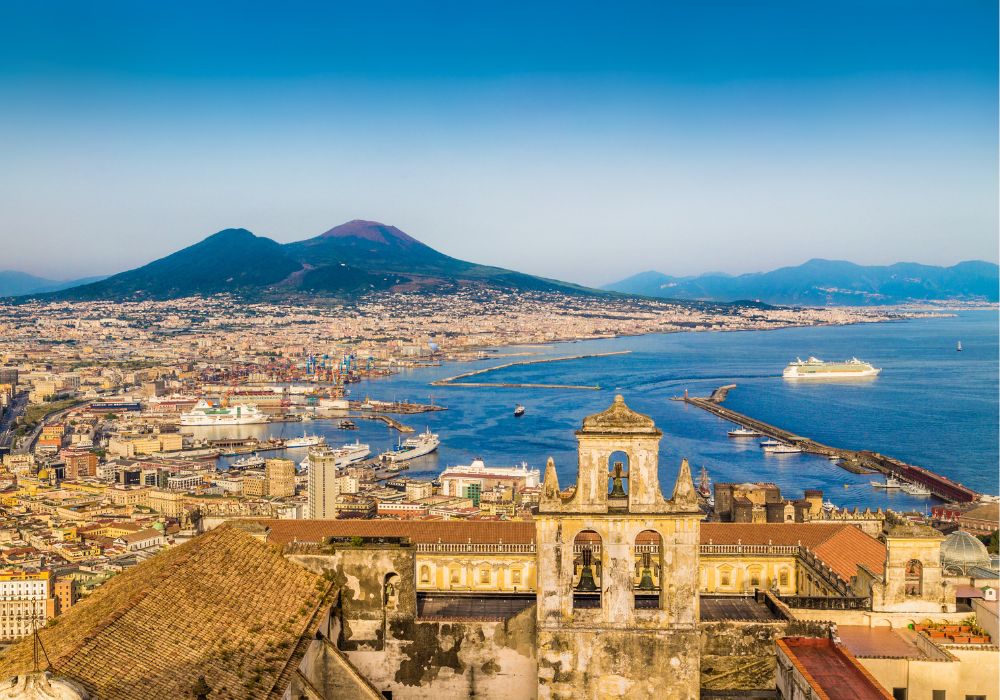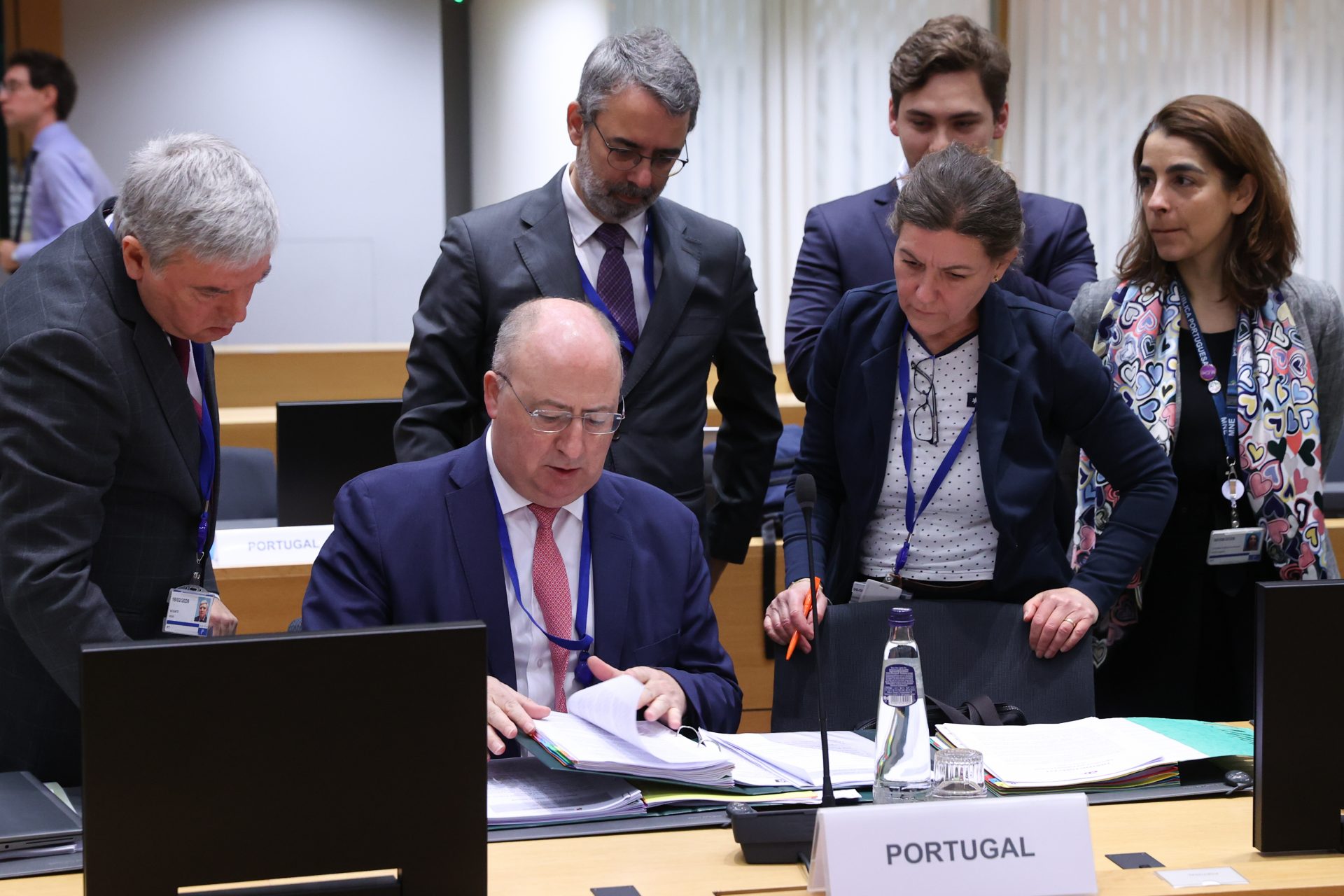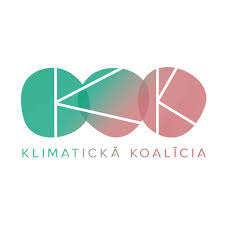Portugal did not comply with Brussels recommendations on fossil fuels – report

Portugal has not fulfilled the European Commission’s recommendations to eliminate subsidies for fossil fuels by 2030, to be more ambitious in energy efficiency, and to address the investment needs for the climate transition, the institution indicates in a report released today.
The issue at hand is the assessment by the community executive of the National Energy and Climate Plans (PNEC) in line with the energy and climate objectives of the European Union (EU) for 2030, published today in Brussels, which argues that, in the case of Portugal, the country “did not respond” to three recommendations from the institution, one of which pertains to fossil fuels.
“The plan recognizes the need to eliminate subsidies for fossil fuels by 2030, in accordance with international commitments, but does not present specific measures or a clear timeline for doing so,” the institution points out.
Furthermore, despite the Portuguese plan including targets on energy efficiency, the country “did not increase the level of ambition,” Brussels criticizes.
As for the financing of the energy and climate transition, Portugal’s plan “does not provide data on investment needs, although it generically describes the main sources of financing.”
It also “does not explain how the measures will mobilize private investments nor does it include a breakdown between public and private investment, and, in general, the information is insufficient to assess the possible financing gap or how it would be filled,” accuses the European Commission.
For this reason, “the Commission encourages Portugal to ensure timely and complete implementation of the updated PNEC,” specifically developing a roadmap with specific measures to eliminate subsidies for fossil fuels, renovate buildings to promote efficiency and reduce energy poverty, and create a strategy with financial resources to translate commitments into concrete actions regarding a just transition.
Other suggestions relate to incentives for electric vehicles and alternative mobility solutions, an electricity grid with optimized licensing, capacity allocation, and system flexibility, as well as green hydrogen as a priority.
It is noted that the Portuguese plan “adequately covers” the main reforms and investments of the Recovery and Resilience Plan (PRR) that contribute to achieving the objectives and targets of the Energy Union, thus responding to this European recommendation.
The Portuguese PRR, which is 33% implemented, allocates more than half of the budget (almost 55%) to the ‘green’ transition, according to updated data from Brussels.
In the information released today, the European Commission concludes that “the EU is currently on track to reduce net greenhouse gas emissions by about 54% by 2030, compared to 1990 levels, if member states fully implement existing and planned national measures, as well as EU policies.”
The EU’s target is to reduce net greenhouse gas emissions by at least 55% compared to 1990, achieve at least 42.5% of renewable energy in gross final energy consumption, and improve energy efficiency by at least 11.7%.
Portugal contributes to these targets with commitments such as reaching 51% renewables by 2030, gradually phasing out coal-fired electricity production, and eradicating energy poverty by 2050.
What's Your Reaction?
 Like
0
Like
0
 Dislike
0
Dislike
0
 Love
0
Love
0
 Funny
0
Funny
0
 Angry
0
Angry
0
 Sad
0
Sad
0
 Wow
0
Wow
0

















































.png?Expires=1838763821&Key-Pair-Id=K2ZIVPTIP2VGHC&Signature=IO0~CT3pU-TcxGc~yoZSmoQx23MZVuK-~4jSii~NKEblRmyO3el7NXPu~Rh1o23voASg7hlcHLw4kvQuDK1jssEhcjoNBBvEpZ~GGOAU6yosBhpHpeF179F~h7i6VxmsBNh9gtTutkoqY73O2YCFey~IAqSzKbBqETP1kP9cAg1916Z1YkJJs-5MliMrkZ5d7-mWGLbpHp2wGj2VlMph8XzYlL4~y1O7fB~JdIS~Rs4RMRs2x0WT1qUIpHAsf3GdwtOyAmKFSpIg8xCyNGZZ5h~13nXlmpd7uPvW8tBfttpG9pFTqcway-uch5WyfHOEfi7UlJCOWrr6fCYY5PMgSg__)







